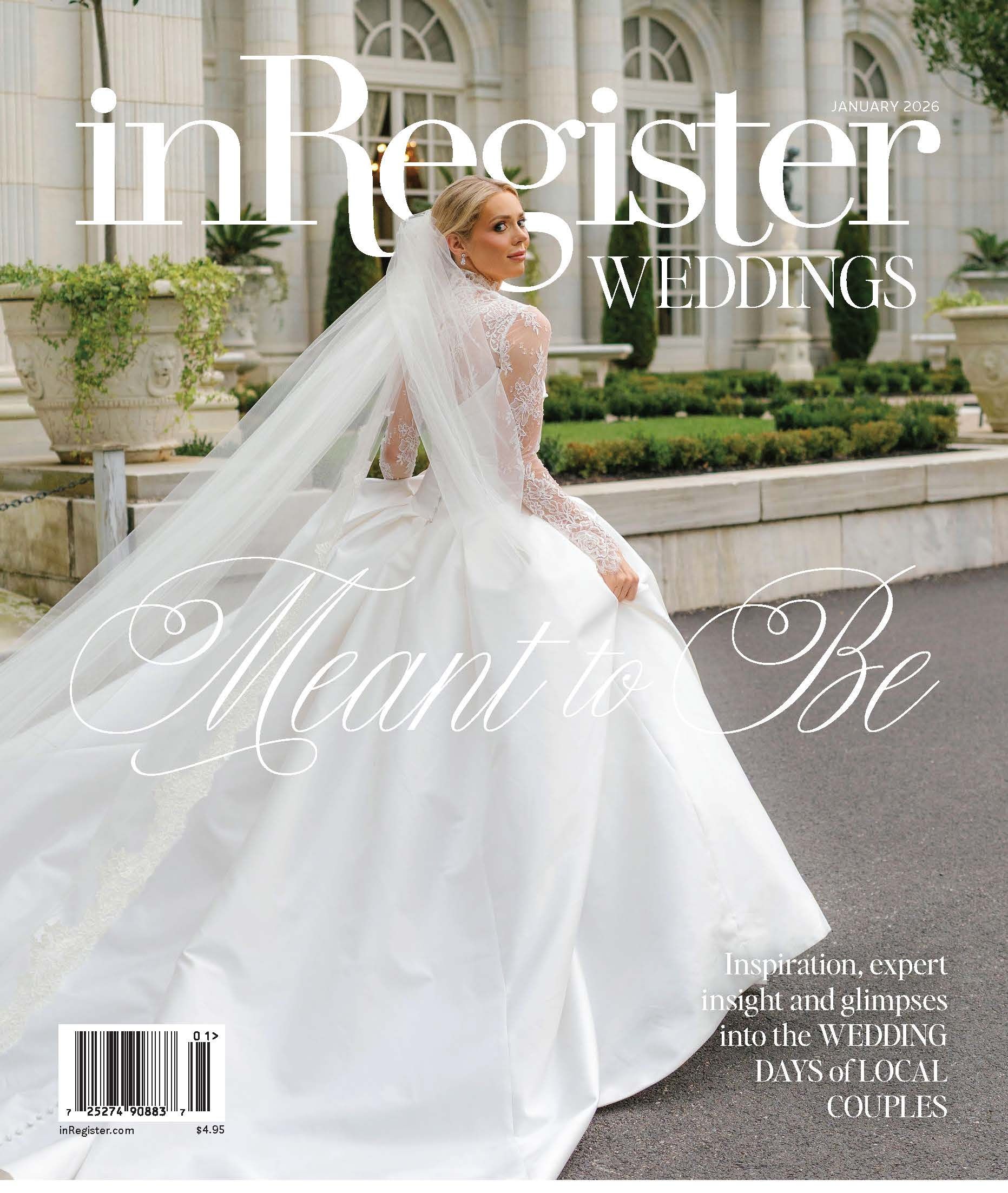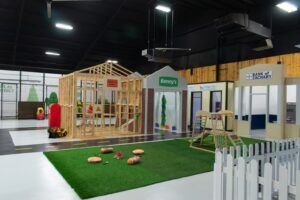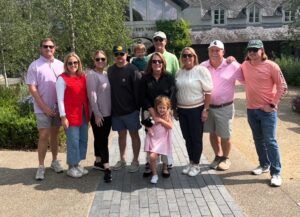
Trash Talk: Litter awareness and STEAM skills combine to create a cleaner community
Litter has been a part of Glenda Pollard’s life for as long as she can remember. “My mother used to take us as children to our timberland and make us pick up the litter that people had thrown in the ditches and along the lumber roads,” she recalls. “That was her idea of a nice Sunday afternoon outing.”
In 2020, during long road trips to visit family members out of state, Louisiana’s litter problem began to bother Pollard more and more. And she isn’t alone. According to Keep Louisiana Beautiful, 92% of Louisiana residents believe that litter is a problem in the state.
Inspired by her mother, who, at 92, is still just as passionate about litter clean-up and has been a Keep Livingston Beautiful board member for more than 40 years, Pollard decided to take action.
“My father owned the first commercial disposal company in Baton Rouge, so I wasn’t afraid of a dirty business,” she says. “I guess you can say that we were early environmentalists. As a result, I know that education is the key to changing the culture. We couldn’t just pick up litter every day, we had to try and make systemic change in our state.”

When Fran Harvey, founder of the nonprofit Global Geospatial Institute (GGI), connected with Pollard and her organization Clean Pelican in 2020, they immediately knew that a partnership would benefit both of their missions. Gamifying litter collection using Geographical Information Systems (GIS) technology would create the clean land and clear water Pollard dreamed of while introducing students to a STEAM skill that is highly sought after in the job market.
Soon, Map It CLEAN! began. The in-class program teaches cutting-edge environmental education, engaging students across Greater Baton Rouge with litter using an innovative, real-world application of GIS technology. The program’s capstone experience is a litter clean-up in the field where students use the GIS application developed by Esri to model the litter landscape on their school campus.
Students collect data as they go, sorting litter into categories like paper, plastic, metal or wood. Then, they note where they found it, upload a picture and record whether they removed it. The app compiles all of that data to create an accurate map of litter in real time.
“Bringing litter awareness and prevention to life through geospatial technology has encouraged and inspired students to solve real-world environmental problems plaguing their local community,” Harvey says.
Not only are students inspired to clean up their community after learning about the many negative impacts of litter, but the program also highlights the many applications of GIS technology in various STEAM careers. Map It CLEAN! serves as the impetus for students to pursue the GGI GIS Industry-Based Certification, Harvey explains. According to the US Bureau of Labor Statistics, around 7,800 new job openings each year require knowledge of GIS technology. Certification means students are ready to fill those in-demand job roles upon graduation. High school students can enroll in the GIS industry-based course virtually, but through the Clean Pelican partnership, GGI is encouraging schools to offer GIS courses as an elective.

Map it CLEAN! raises awareness of litter, empowering students to act and encouraging them to pursue STEAM education opportunities to make the community a cleaner, better place to live, work and play. Pollard has put together a team of Baton Rouge natives passionate about litter who comprise the Clean Pelican board to ensure the organization’s longevity. “We had two things in common, we all hated litter and loved Baton Rouge,” she says.
Clean Pelican’s partnership with GGI is one of many ways the organization is changing the city’s attitude about litter. “If we actually want to be BTR (better), which is the new BRAC push, we have to do better in this city with blight and litter,” she says. “Both BRAC and BRAF have ‘quality of place’ as their pillars for our city. Nothing says welcome to Baton Rouge more than a cleaner town.”











